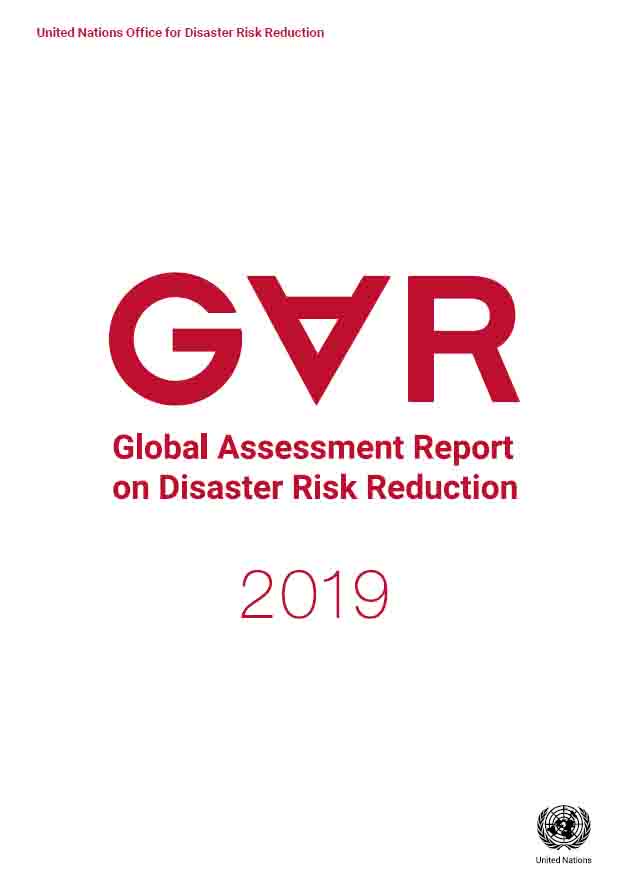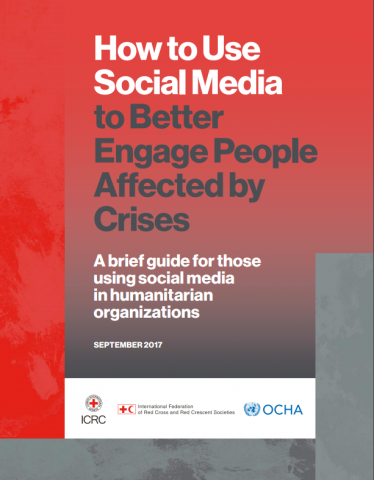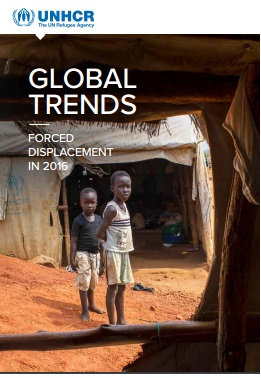Kizilay Winter Tent: Winter Tent Final Design
The original 16m2 Kizilay tent was developed by Kizilay (Turkish Red Crescent). Its tent factory produces reinforced tents and other shelter products, such as rub-halls of various sizes. The National Society has distributed 6,068 tarpaulins aiming to provide tents better insulation during the winter season. Also, the total number of tents distributed is 65.602 and […]
Kizilay Winter Tent: Winter Tent Final Design Read More »




